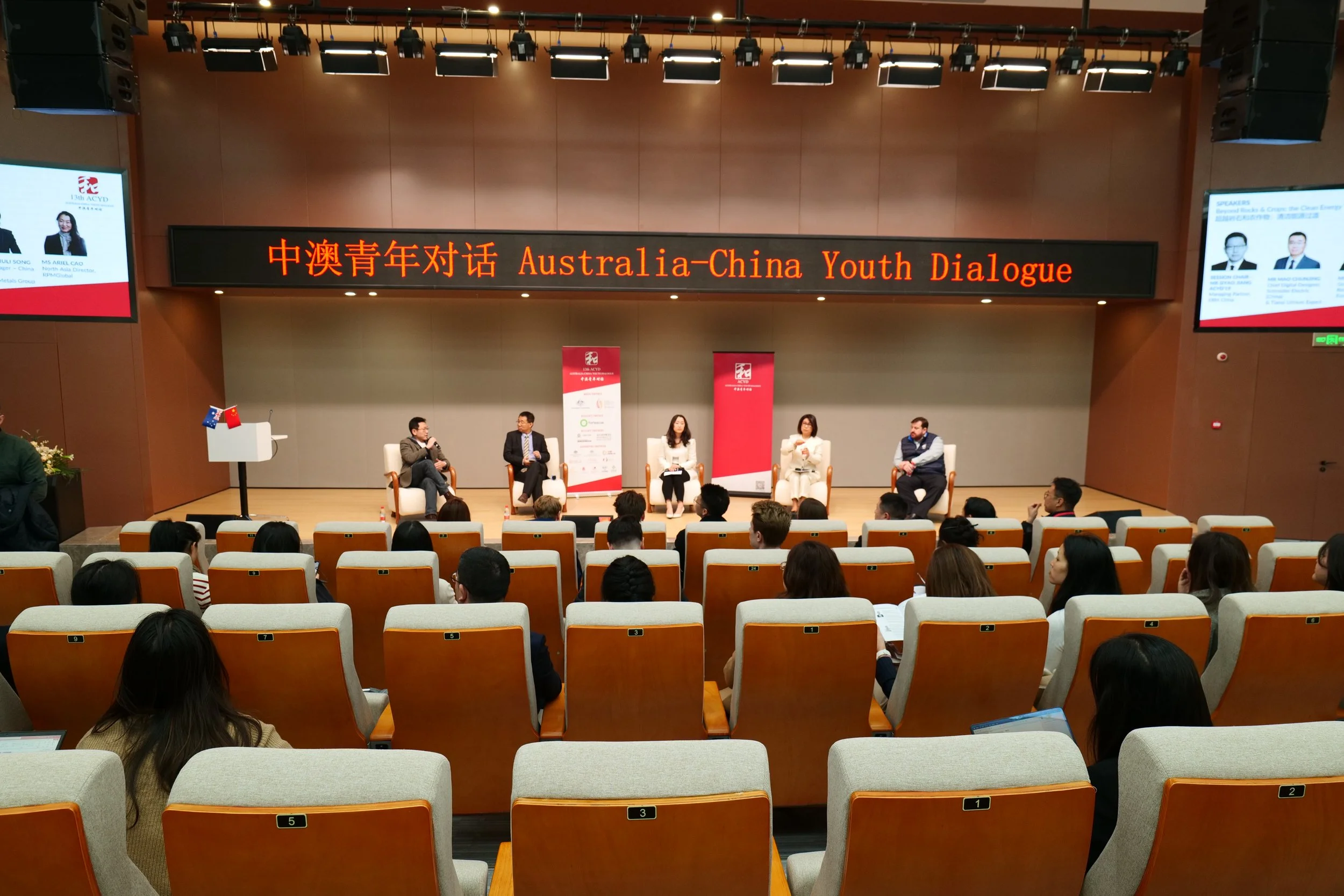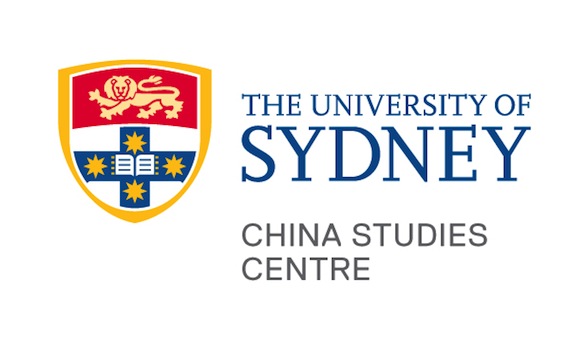23/06/13
“We have not been here before”. This was the phrase Julia Gillard deployed to announce the launch of the “Australia in the Asia Century” White Paper project in 2011. The awkward truth for us all though is that we have been here before. Many, many times. The perennial rediscovery of Asia is as much a part of Australian culture as calling your mates on Saturday morning to work out what you did the night before. Australia has envisioned itself as preparing for a “new” Asian future almost every generation since before Federation, and yet despite a lot of gasbagging and grandstanding there has been precious little progress in our underlying attitudes towards ourselves as part of Asia.
Gillard’s hyperbole was ominously reminiscent of countless Australian voices past. The routinised rhetoric of our need to deal with an unprecedented Asia stretches beyond Rudd’s poltroon National Asian Languages and Studies in Schools Program, Keating’s inexplicably-cut National Asian Languages and Studies in Australian Schools program, the State and Federal Governments’ hollow response to Ross Garnaut’s 1989 “Australia and the Northeast Asian Ascendancy” report, all the way back to popular writer Frank Clune’s 1939 exhortation of Australians to “wake up” to Asian markets and prominent newspaper editor T.W. Heney’s observation in 1919 that “every Australian businessman should carry a map of China in his head”.
Thus it seems that the Australian polity and broader society has always had some underlying awareness of Asia, its impact on Australian national life, and the opportunities for greater prosperity if Australia were more Asia-capable. The White Paper is just the latest cyclical repetition of the dramatisation of our immediate need to respond to Asia, but critical voices have already emerged pointing out the Paper’s lack of concrete initiatives and funding sources, and calling into question our national political commitment.
What then prevents us from committing for the long haul? Why does the hype around Australia’s unpreparedness for Asia always fizzle out? And why is it made to seem like we are encountering the “Asian Question” for the first time?
Is it because the Asia-capabilities debate forces us to face discomforting questions about our own Australian national identity? Are we yet to transcend the latent prejudices of our chequered past as a so-thought “culturally-superior” Western outpost resisting our geography amidst a perceived threatening tide of “colour”? Do we actually not have a collective historical knowledge of Australia-Asia engagement? Does post-colonial insecurity self-reinforce our staunch social predilection toward monolingualism and the framing of engagement with Asia in overwhelmingly economic (entity-to-entity) rather than closer socio-cultural (people-to-people) terms?
Perhaps it is less the “Asian Question” than the “Australian Question”. Economic complementarities have drawn us together, but we have broadly failed to achieve a greater Australia through this. We are not Asia-literate yet and still view ourselves and are viewed in turn as outsiders. We need to be Australia realists, get over ourselves, and realise the gaping disparity between our complacent actuality and our immense potentiality. For over a century Australians have let themselves and future generations down through myopic, blinkered, and timid attitudes devaluing cross-cultural knowledge and failing to put in the educational hard yards. From a young person’s perspective, this is why the evidently beneficial study of Asian languages and societies is still a cultural anomaly rather than an educational assumption, despite us seeing Asia reap untold boons from their acceptance of the value of second-language learning.
As young people who only realised the benefits of learning an Asian language in our twenties after living in Asia, from countless hours of eyeball-drying study and ear-grating practice we can safely say that whilst it is possible to master Asian languages, our late start means we are still playing catch-up. It would have been an unparalleled advantage and enabled us to have already done far more with our time overseas if we had studied the language from childhood. The limits of our language are the limits of our thought. Learning other languages makes one aware of otherwise invisible opportunities and allows for truer and more complete dialogue, enabling Australians to connect with and understand the many peoples of Asia in a manner beyond, and yet extremely beneficial toward, the narrow economically grounded framework of the White Paper.
Whilst the White Paper should be lauded for its intentions and recommendations, for the sake of generations to come and future national prosperity, we must ensure that it is the last policy document of its type.
Asia engagement does not need to be highly dramatised, it just needs to finally be done.
Neil Thomas is an Honours student in Chinese political economy at the University of Western Australia and a 2013 Prime Minister’s Australia Asia Endeavour Award holder. He was previously a Chinese Government Scholar at Zhejiang University and the Renmin University of China. He is National Publications Director of the Australia-China Youth Association (www.acya.org.au).
Thomas Williams is an Asian Studies Honours student at the University of Western Australia and completed a 2011 Prime Minister’s Australia Asia Endeavour Award at Peking University in Beijing. He has previously studied on scholarship at Zhejiang University, Beijing Language & Culture University, and the Renmin University of China. He is National President (Australia) of the Australia-China Youth Association.
NB: This article was first-published in Online Opinion, 8 February 2013, http://www.onlineopinion.com.au/view.asp?article=14668




 The Australia-China Youth Dialogue is proud to announce that the University of Sydney's China Studies Centre has come on board as an Associate Partner for the 2013 Australia-China Youth Dialogue. Professor Kerry Brown, the Executive Director of the China Studies Centre and Professor of Chinese Politics, stated that "the China Studies Centre at the University of Sydney are glad to support this years Australia China Youth Dialogue. Engaging young professionals and academics in China in their work and their lives is critically important, and building deeper links between the two countries is something we fully support and wish to see flourish."
The Australia-China Youth Dialogue is proud to announce that the University of Sydney's China Studies Centre has come on board as an Associate Partner for the 2013 Australia-China Youth Dialogue. Professor Kerry Brown, the Executive Director of the China Studies Centre and Professor of Chinese Politics, stated that "the China Studies Centre at the University of Sydney are glad to support this years Australia China Youth Dialogue. Engaging young professionals and academics in China in their work and their lives is critically important, and building deeper links between the two countries is something we fully support and wish to see flourish."
